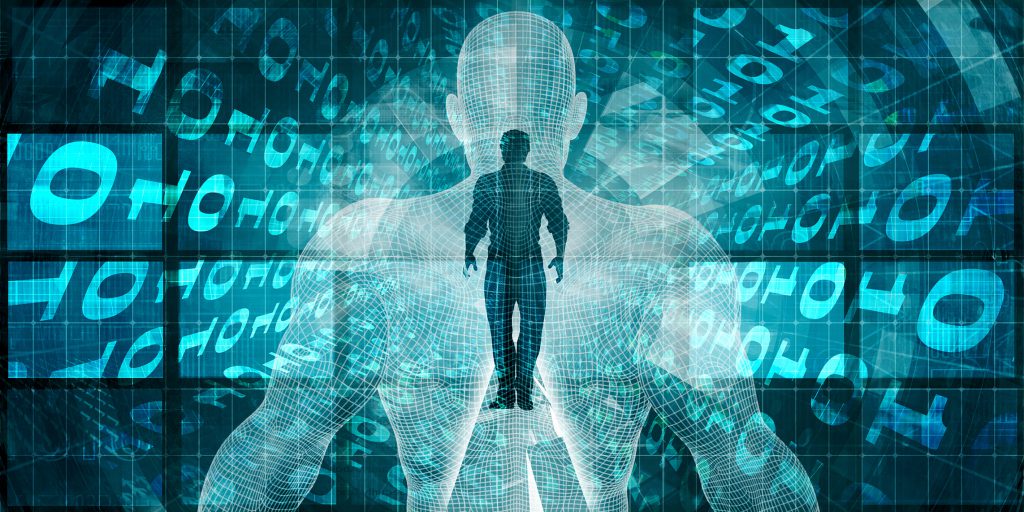Ethical and social considerations of digitalising

We must admit that we are living in challenging times, when the trend in technological advancement is characterised by a mix of innovations and technological applications, among them digitalisation, robotics and nanotechnology.
There is a great deal to be had from technological innovations and increased computer power. Digitalisation has increased efficiency and productivity at work, has opened the doors to worldwide communication and has helped make the world more secure. The process of innovation is continuous and is now spreading to blockchains and cryptocurrencies and the prevalence of artificial intelligence and robotics.
Rapid technological innovation has created new opportunities in business. Established companies are changing their business model to stay current. Consumers have become used to buying over the internet and governments are using data in the provision of services and to strengthen their communication.
Innovators, policy makers and users of technology make a mistake when they do not take into account the human element and human relationships in society. Persons are more important than computer data. A person has dignity, rights and liberty. Unconditional respect for persons should be the only essential aspect that should be considered when making decisions and taking action within the economic environment. Social communication and human dialogue that is open and sincere, but always interactive, should be a permanent aspect in the process of discussion. Human dignity calls for solidarity, justice and mercy.
There are two points that one must consider: is technology being abusive, manipulative or addictive? Is digitisation and its related impacts posing a threat to the work done by human beings? The answers to these questions are rather complex. One may start by referring to the digital divide within our society. A person born into the digital world benefits from the advantages provided by technology in education and when they come to socialise within a digital environment. Persons not born in this reality are at a disadvantage. The disproportionate distribution of opportunities creates differences, prejudice and deprivation. Minorities are, thus, excluded due to the lack of opportunity to learn and obtain the right qualifications.
Can human beings ever be replaced by technologies? What are the implications at work and in terms of social conditions? Is it true that technology has brought about an increase in anxiety, stress and psychological problems that impact human health? On the other hand, digitalisation, artificial intelligence and robotics offer one more time to relax and to spend with family and friends.
We need to make sure that we are not putting our judgement before responsibility and trust. Responsibility in decision making goes beyond ensuring that no harm is done to others to encouraging, cooperating with and developing others to ensure that they do not fall behind in the context of such technological progress. This is also a question of trust. Are we trusting business, financial institutions, the state, the judiciary and regulators? We are living in an age of antipathy towards those in authority who are disappointing the people due to hypocrisy, greed, lack of accountability and dishonesty. We need to rebuild trust in authority if we want to rebuild a society that is open to technology and trusts all that is good and of benefit to society.
At the end of the day, digitalisation is a reality we need to embrace. The key is how the computer is to make a decision when faced with a critical situation. In decision making, a human being cannot be substituted by a machine. Everyone should have the opportunity to participate in the process of digitalization and therefore education, vocational training and internet accessibility are crucial. Questions of privacy and ownership of data should not be undervaluead because they are tied to human beings’ liberty. All in all, all depends on the answer to this question: how are we going to develop our future?
